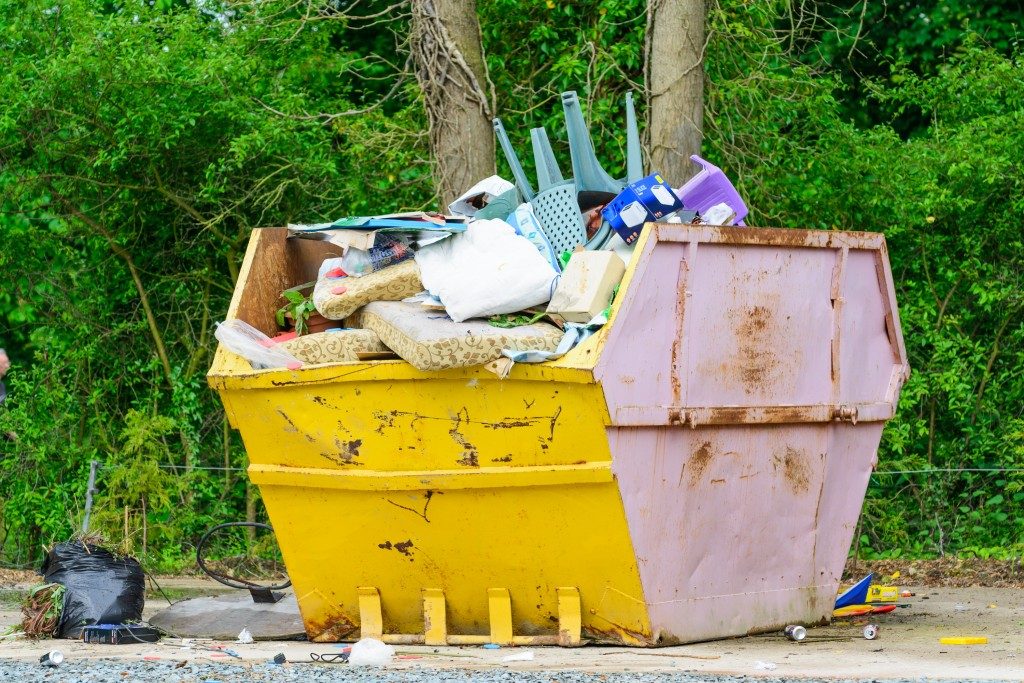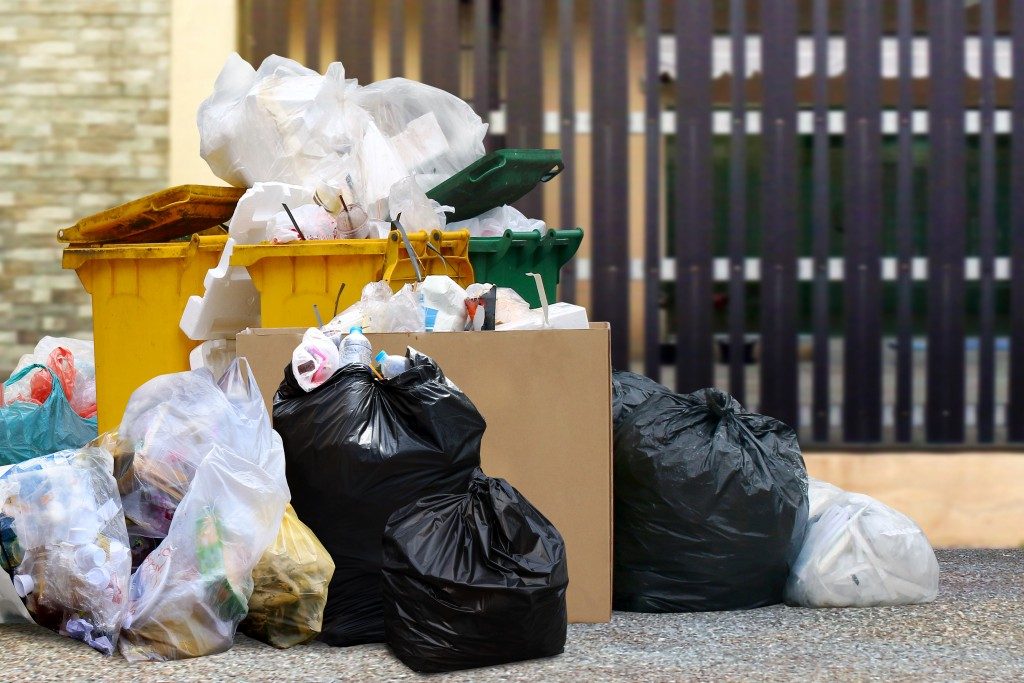The idea of dumpster diving may be a disgusting thought for some people with the image of a rotting trash pile in their heads. It has been around for years, and you may have grown up seeing homeless people doing it at the side of the streets or in an alleyway as you drive by. Dumpster diving, as the name suggests, is the act of foraging for food and other useful or valuable items from trash.
However, with new laws and awareness on proper waste segregation, most developed cities around the world have waste management procedures in place. Organic materials are turned to compost and non-biodegradables are recycled. So bears, raccoons, and even the homeless now compete with every person out there off to see what they can find useful from normal trash. People are on the lookout for dumpsters in Salt Lake City neighborhoods, Chicago suburban stores, and New York bookstores – in hopes of finding something useful.
Why do they do it?
People who want to live parsimoniously or find more economical ways in their everyday life may consider or have already done dumpster diving. Some are part of growing anti-consumer movements who hate good food and consumables going to waste. There are also people who are out to get almost anything and everything they can find with nothing particular in mind. Here are some of the things people are on the lookout for:
· Organic matter for compost or mulch
· Foods and perishables thrown out from convenience stores
· Books, magazines, and newspapers for recycling
· Wood planks, crates, and pallets for furniture or farm cages
· Electronic devices and appliances for parts
· Plastics, bottles, or cans for recycling projects.
· Clothing
Most states have included sustainable use of material in their waste management programs. Commercial establishments with more than 15 employees are required to have their waste management programs, so most dumpster divers know where to hunt specifically for what they want.
Is it legal?
There are no known national or statewide laws about dumpster diving or foraging in general. This activity is fairly taboo and unnoticed unless it violates a different local city ordinance like littering or trespassing or in some cases prohibited entirely by local authorities.
Most commercial establishments are against foraging for goods they have already thrown out. It’s relatively understandable some food establishments would not allow anyone to get sick from the food they have discarded and be liable about it. Other business owners are weary of littering and damage to their dumpsters that are usually rented out.
Walmart recently drew flak from a video uploaded by a concerned citizen who was enraged after he found frozen goods in massive amounts filling several dumpsters and grocery carts ready for pick up. In the video, the concerned citizen walks towards the carts and checked on the expiry dates on some cheese and canned meat and found that they are far from their expiry dates. He asked one of the employees out there if he can have them and the answer is an absolute no and has no idea where these goods will go.
If it is your first time to try dumpster diving, remember always to check local regulations. Remember to clean after your foraging and avoid damage to the dumpsters. Also, keep a pleasant demeanor and respect the establishment owner if he refuses your request to dumpster dive even after explaining your purpose. And most of all, don’t trespass.
Associated Risks

You know what you’re dealing with –this is trash. If using trash sticks is not enough, and you must dive in to dig better, remember to protect yourself by wearing gloves and other protective clothing. Accidents can happen and the different types of bacteria present in dumpsters are endless. Be smart, and remember to sanitize yourself after you are done.
Dumpster diving has come close to a morally accepted activity, and you may even find dumpster diving maps, tutorials, and guides online. In general, there is nothing wrong with finding useful things that someone no longer wants. Dumpster diving is not only economical, but it also supports the idea of a sustainable lifestyle.

